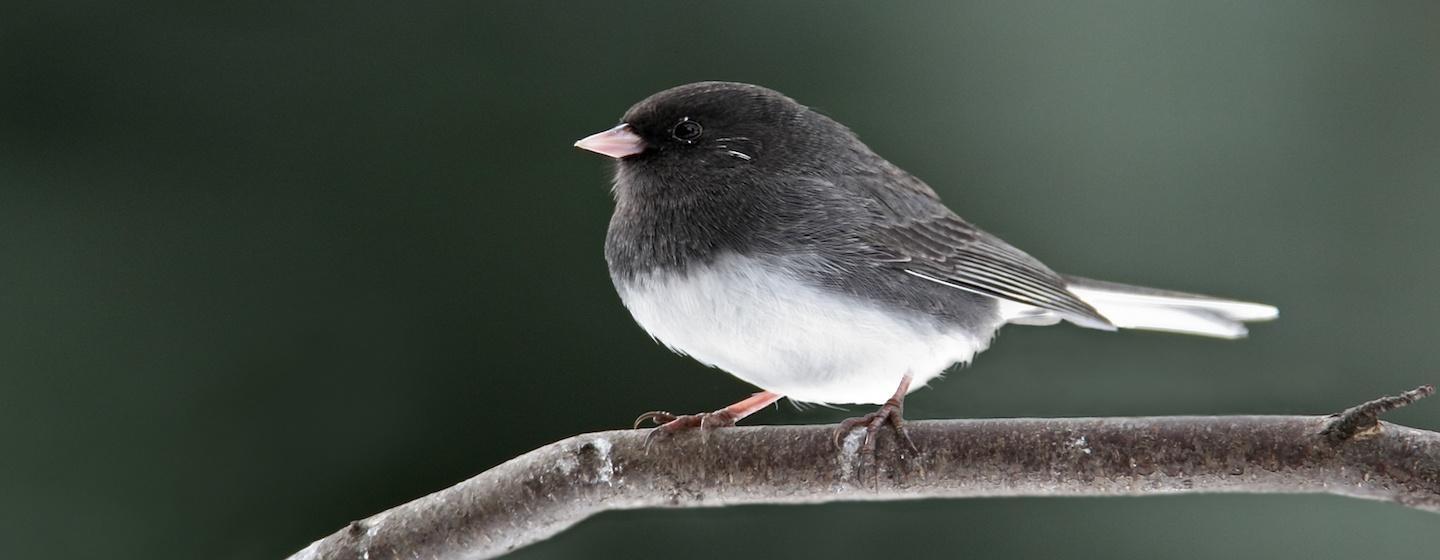Lights Out For Bird Migration


Some of Raleigh’s downtown buildings will go dark at night this fall. And they’re doing it for birds. Bright city lights confuse migratory birds. More than 4 billion birds migrate in the spring and fall, usually at night.
City lights are disorienting and can draw birds away from their migratory path, causing them to ram into buildings. After a bird hits a window, it’s unlikely that it will survive, even if it flies off afterward.
"Millions of birds die from collisions with tall buildings and other structures every year, often after becoming disoriented by artificial lights," said Brian O'Shea, Ph.D and collections manager at the NC Museum of Natural Sciences.
Bird populations in general are suffering major losses. A study in 2019 showed that bird populations declined 29 percent in the last 50 years. Climate change, pesticides, and habitat loss due to development and agriculture all play a role in bird declines.
But bird collisions are seen as a needless addition to those deaths, as brightly lit cities kill up to a billion birds a year due to birds hitting buildings, according to a 2019 study. Houston, Dallas and Chicago are the deadliest for birds, because they are all along the bird migratory corridor.
North Carolina is also along a migratory corridor. That’s why the City of Raleigh is shutting off lights in all non-essential buildings downtown, from 11 p.m. to 6 a.m., September 10 through November 30. Wake Audubon is working with the city to encourage privately-owned buildings and homes to do the same.
"Brightly lighted buildings are just one of the many hazards these migratory birds face on their annual journeys between breeding and wintering grounds," said O'Shea. "Many of these species have undergone severe population declines over the past several decades, so the lights out initiative is a welcome step towards limiting further losses."
Here’s a few ways you can do your part to prevent unnecessary birth death, according to the Audubon Society: